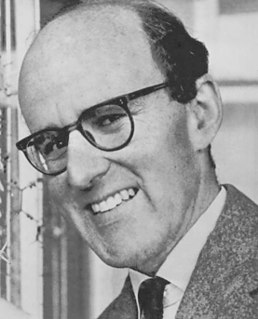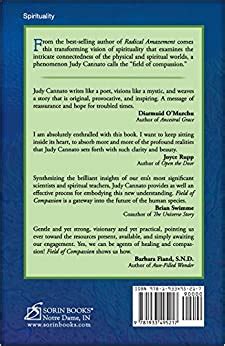A Quote by George Orwell
There exists a huge dump of worn-out metaphors which have lost all evocative power and are merely used because they save people the trouble of inventing phrases for themselves.
Related Quotes
What then is truth? A movable host of metaphors, metonymies, and anthropomorphisms: in short, a sum of human relations which have been poetically and rhetorically intensified, transferred, and embellished, and which, after long usage, seem to a people to be fixed, canonical, and binding. Truths are illusions which we have forgotten are illusions — they are metaphors that have become worn out and have been drained of sensuous force.
Half the people in the world think that the metaphors of their religious traditions, for example, are facts. And the other half contends that they are not facts at all. As a result we have people who consider themselves believers because they accept metaphors as facts, and we have others who classify themselves as atheists because they think religious metaphors are lies.
Truth is a mobile army of metaphors, metonyms, anthropomorphisms, in short a sum of human relations which have been subjected to poetic and rhetorical intensification, translation and decoration […]; truths are illusions of which we have forgotten that they are illusions, metaphors which have become worn by frequent use and have lost all sensuous vigour […]. Yet we still do not know where the drive to truth comes from, for so far we have only heard about the obligation to be truthful which society imposes in order to exist" from, "On Truth and Lying in a Non-Moral Sense".
To write or even speak English is not a science but an art. There are no reliable words. Whoever writes English is involved in a struggle that never lets up even for a sentence. He is struggling against vagueness, against obscurity, against the lure of the decorative adjective, against the encroachment of Latin and Greek, and, above all, against the worn-out phrases and dead metaphors with which the language is cluttered up.
Always, in epochs when the languages and dialects of a culture have become outstripped by development of a practical sort, these languages become repetitive, formalised -- and ridiculous. Phrases, words, associations of sentences spin themselves out automatically, but have no effect: they have lost their power, their energy.
Scientists like myself merely use their gifts to show up that which already exists, and we look small compared to the artists who create works of beauty out of themselves. If a good fairy came and offered me back my youth, asking me which gifts I would rather have, those to make visible a thing which exists but which no man has ever seen before, or the genius needed to create, in a style of architecture never imagined before, the great Town Hall in which we are dining tonight, I might be tempted to choose the latter.
If the world is an objective reality that exists independently of us, then humans themselves, even in their own eyes, are nothing more than objects, and their life stories merely a series of disconnected historical accidents, which they may wonder at, but which they themselves have nothing to do with.
Deep within the individual is a vast reservoir of untapped power awaiting to be used. no person can have the use of all this potential until he learns to know his or her own self. the trouble with many people is that they got through life thinking and writing themselves off as ordinary commonplace persons. having no proper belief in themselves they live aimless and erratic lives largely because they never realize what their lives really can be or what they can become
When we talk about the Universe Story we are talking about the acquisition of a totally new paradigm, one which overturns many of the patterns that we unconsciously believe to be true. There is not simply the addition of new metaphors and images, but the metaphors and images themselves flow out of a new consciousness inspired by a new awareness of the cosmos.
All this care for the world, we must believe, is taken by the Gods without any act of will or labor. As bodies which possess some power produce their effects by merely existing: e.g. the sun gives light and heat by merely existing; so, and far more so, the providence of the Gods acts without effort to itself and for the good of the objects of its forethought. This solves the problems of the Epicureans , who argue that what is divine neither has trouble itself nor gives trouble to others.



































